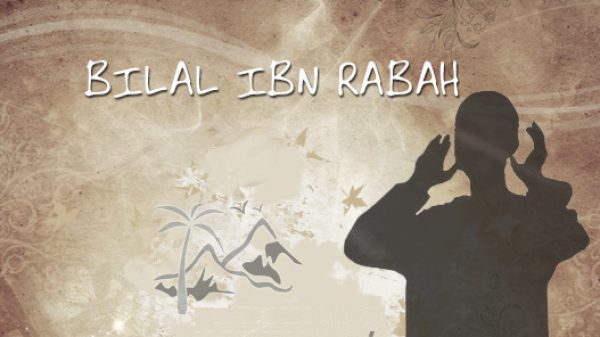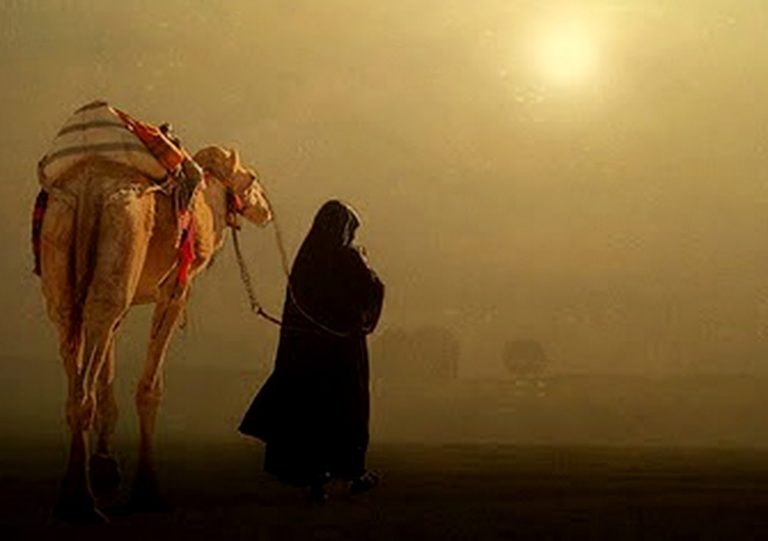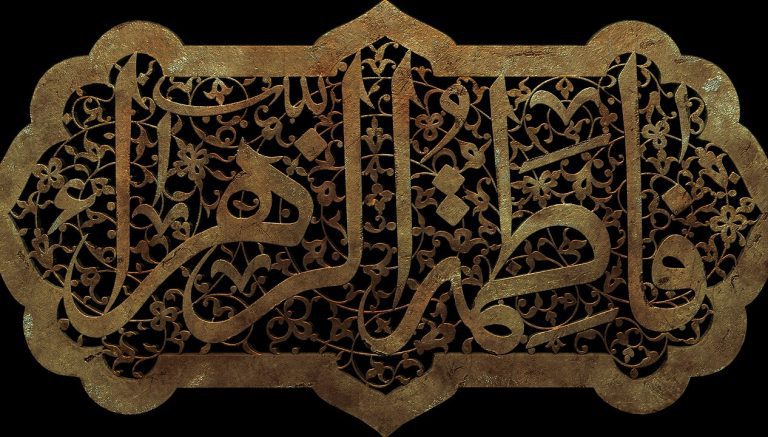Reflecting on the Inspiring Journey of Bilal ibn Rabah: Bilal (may Allah be pleased with him)
Journey through the remarkable life of Bilal ibn Rabah, known affectionately as Bilal (may Allah be pleased with him), whose unwavering faith, courage, and devotion continue to inspire generations of believers. Delve into the emotional depths of his story and discover the timeless lessons of resilience, perseverance, and unwavering commitment to truth.
Introduction:
Enter the annals of Islamic history, where the echo of Bilal’s (may Allah be pleased with him) footsteps still resounds, a testament to his indomitable spirit and unwavering faith. Join us on an emotional odyssey as we traverse the sands of time to revisit the inspiring journey of Bilal ibn Rabah, a beloved companion of the Prophet Muhammad (peace be upon him) and a symbol of resilience and devotion.
Early Life and Enslavement:
Bilal (may Allah be pleased with him) was born into slavery in the bustling city of Mecca, where he endured the harsh realities of bondage and oppression from a young age. Despite the chains that bound his body, his spirit remained unbroken, fueled by a flickering flame of hope and faith in the mercy of Allah.
The Voice of Faith:
Amidst the cacophony of voices that filled the streets of Mecca, Bilal’s (may Allah be pleased with him) voice soared above the rest, calling out the adhan—the call to prayer—with a clarity and conviction that stirred the hearts of all who heard it. His melodic chant became a symbol of defiance against tyranny and a beacon of hope for the oppressed.
Trials and Tribulations:
Bilal (may Allah be pleased with him) faced relentless persecution and abuse at the hands of his captors, who sought to silence his voice and extinguish the flame of faith that burned within him. Yet, with each blow and insult, his resolve only grew stronger, his faith unshakable in the face of adversity.
Embrace of Islam and Liberation:
It was in the crucible of suffering that Bilal (may Allah be pleased with him) found solace and strength in the message of Islam, embracing the faith with a fervor and zeal that defied all odds. His unwavering commitment to truth and justice earned him the admiration and respect of the Prophet Muhammad (peace be upon him), who recognized in him a soul of rare purity and devotion.
The Prophet’s Companion:
Bilal (may Allah be pleased with him) stood by the Prophet Muhammad (peace be upon him) through every trial and triumph, his unwavering loyalty and steadfastness earning him a place of honor and distinction among the early Muslim community. He was a living embodiment of the Prophet’s teachings, embodying the virtues of humility, compassion, and unwavering faith.
The Symbol of Liberation:
Bilal’s (may Allah be pleased with him) emancipation from slavery symbolized the triumph of justice over oppression, of faith over fear. His liberation served as a beacon of hope for the downtrodden and oppressed, inspiring countless others to embrace the message of Islam and strive for a better, more just world.
Legacy of Faith and Devotion:
Though Bilal (may Allah be pleased with him) has long since departed from this world, his legacy lives on as a timeless example of faith, courage, and unwavering commitment to truth. His story continues to inspire believers of all ages, reminding them of the transformative power of faith and the boundless mercy of Allah.
Conclusion:
As we reflect on the emotional journey of Bilal ibn Rabah, let us draw inspiration from his unwavering faith, courage, and devotion. May we strive to emulate his virtues in our own lives, standing firm in the face of adversity and never losing sight of the eternal truth that guided his footsteps.
FAQs (Frequently Asked Questions):
1. How did Bilal ibn Rabah’s upbringing shape his character and resilience?
Bilal’s upbringing in slavery instilled in him a profound sense of resilience and perseverance. Despite enduring harsh treatment and oppression, his faith and inner strength remained unbroken, serving as a testament to the transformative power of unwavering belief in Allah’s mercy.
2. What role did Bilal ibn Rabah’s voice play in the early Muslim community?
Bilal’s melodious call to prayer, or adhan, resonated with sincerity and conviction, serving as a rallying cry for believers amidst the tumult of persecution and adversity. His voice became a symbol of defiance against oppression and a source of inspiration for the downtrodden.
3. How did Bilal ibn Rabah’s embrace of Islam impact his life and outlook?
Bilal’s embrace of Islam provided him with a sense of purpose and spiritual fulfillment that transcended the confines of his enslavement. His unwavering commitment to truth and justice fueled his resilience and unwavering faith, inspiring others to follow his example.
4. What significance does Bilal ibn Rabah’s emancipation hold in Islamic history?
Bilal’s emancipation from slavery symbolizes the triumph of justice over oppression and the transformative power of faith. His liberation served as a beacon of hope for the oppressed, inspiring generations of believers to stand firm in their convictions and strive for a better, more just world.
5. How does Bilal ibn Rabah’s story continue to inspire believers today?
Bilal’s story serves as a timeless example of faith, courage, and unwavering commitment to truth. His journey from slavery to liberation resonates with believers of all ages, reminding them of the transformative power of faith and the boundless mercy of Allah.
6. What lessons can we learn from Bilal ibn Rabah’s life and legacy?
Bilal’s life teaches us the importance of resilience, perseverance, and unwavering faith in the face of adversity. His unwavering commitment to truth and justice serves as an inspiration for believers to stand firm in their convictions and strive for a better, more just world.







